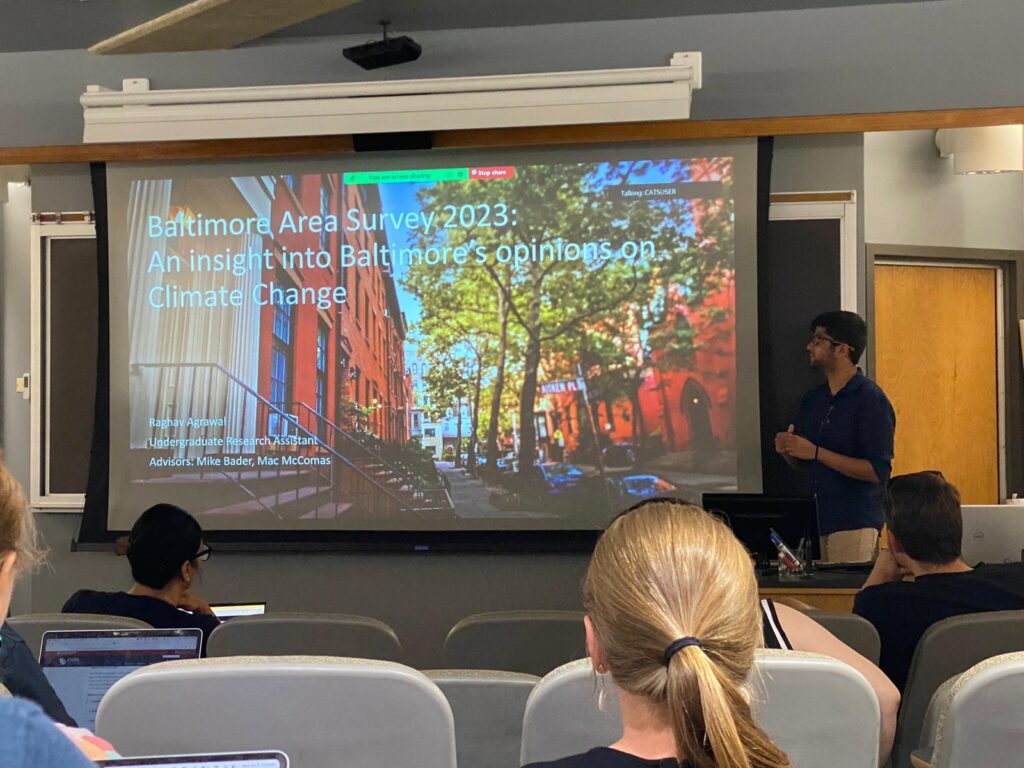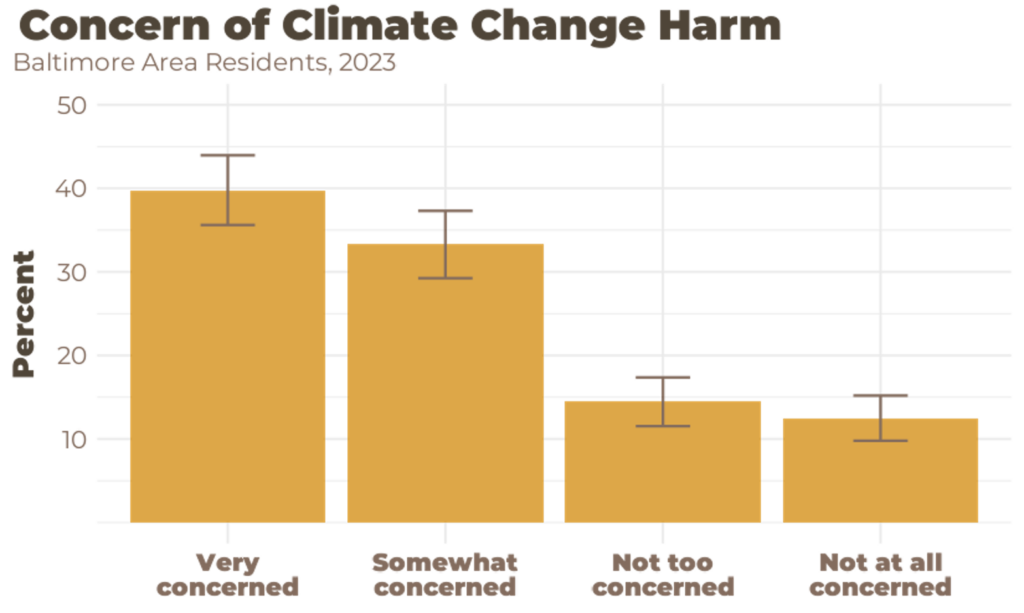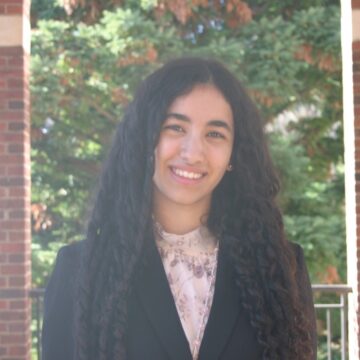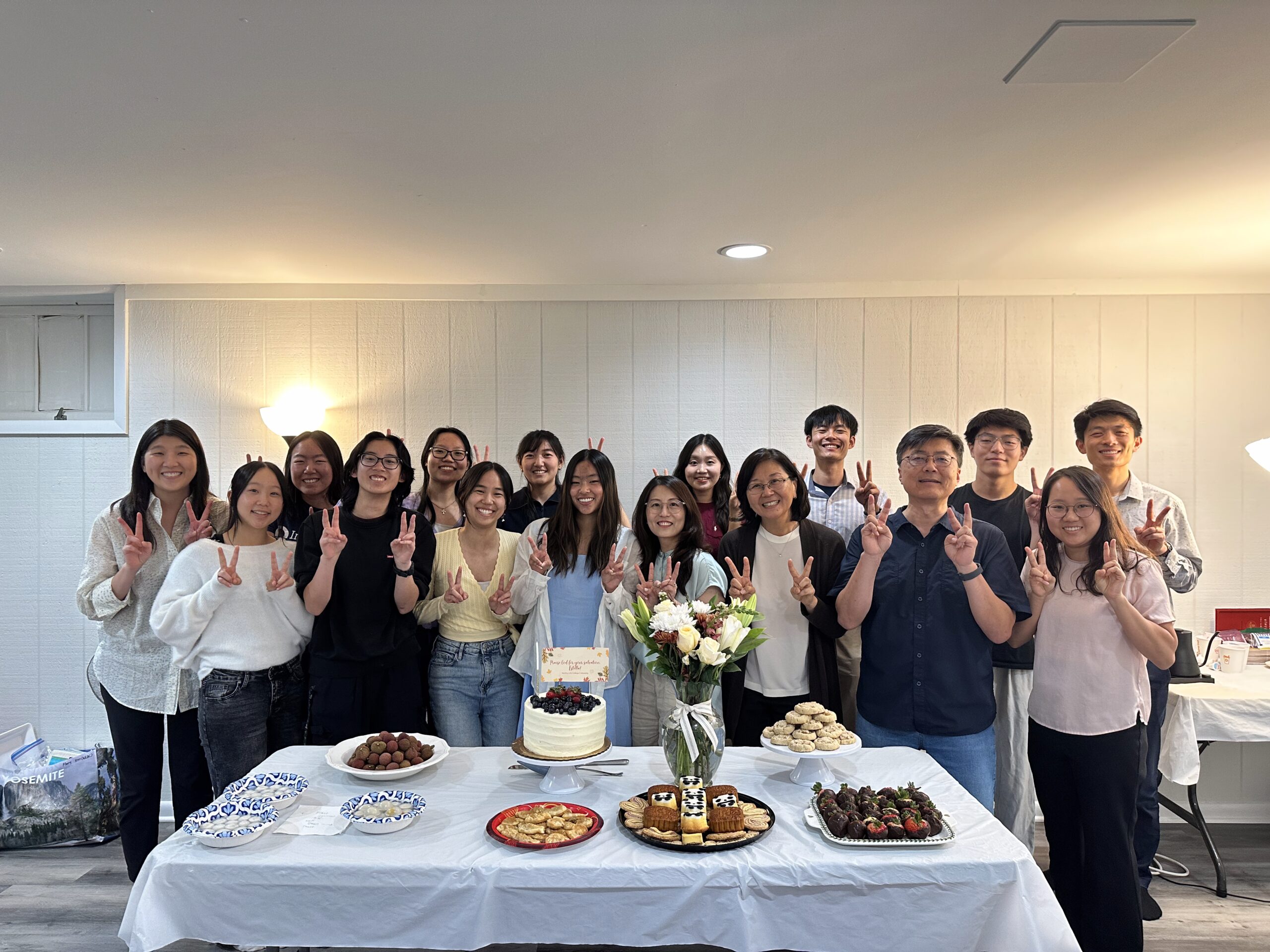
My journey with academics is an ever-changing prism of experiences, endeavors, and excitement! It feels like almost every day I learn something new that completely changes my perspectives on what I’d like to study. I frequently look to happenings outside the classroom—on-campus jobs, off-campus internships, or study abroad, to name a few—to help hurry along epiphanies! However, doing research at Hopkins has been one of the most fulfilling parts of my undergraduate journey. It gave me a chance to contribute to something pivotal while applying principles I learned in the classroom to the field.
In the spring semester of my first year, I began to look for summer research opportunities. As a rising international sophomore, I knew it was going to be hard to secure an internship—the jobs I looked at either told me I was too young or had significant citizenship barriers. I was advised to ‘look inward’—but not in the way you think—toward jobs on campus, which were plentiful, entry-level, and had no citizenship stipulations. Hopkins’ reputation as a ‘research university’ precedes itself; as the oldest college to receive federal funding for research to now becoming the largest recipient of grant money, it was a no brainer that bountiful research opportunities awaited me. Given my then interest in what I naively termed ‘social economics,’ I knew any research for me would not be what I pictured—there would be no white lab coats, pristine test tubes, and bubbling chemicals. I honestly had no idea what this would entail for me, but I knew I was in good hands with the numerous advisors I had around me!
Through an intricate series of chance networking opportunities (which you can read in the link above), I was able to land a summer job at the 21st Century Cities Initiative, which works towards understanding issues that cities face—socioeconomic inequality, environmental harm—and coming up with solutions. This organization spans many departments (sociology, economics, earth and planetary sciences, etc.), many universities (Penn State, Morgan State, etc.), and has many projects. I am primarily a part of the Baltimore Area Survey, which is an academically representative, 100-question form published every summer to collect Baltimore-area residents’ opinions on different local issues. The questions we put out vary; they can be general demographic questions, specific neighborhood or transportation questions, or even topical ones like how the Key Bridge collapse has impacted communities since March. Since last May, I’ve seen my responsibilities evolve; I started with basic coding work that supported the infrastructure for initial data management. Once we had a semi-cleaned version of the data, I helped analyze it for my supervisors to use in various presentations and reports.
As I became more familiar with the data style and my supervisor’s goals, I was allowed to take the reins on more projects until finally being presented the opportunity to prepare my very own paper regarding our survey’s climate change questions. Looking back, this sequence of changing roles, while seemingly slow, was so important for me to become acquainted with a higher echelon of data work and gave me the chance to understand my own interests. It also let me explore Baltimore from an academic perspective, giving me further insight into why the city is the way it is. It rewarded the transportation geek in me (did you know that the Maryland Department of Transportation runs Baltimore’s buses?), the researcher worried about climate change (thankfully, ~75% of residents are at least somewhat concerned about harm from climate change), and so many more prisms of being a learner!

Any explanation here cannot do justice to the amount of learning I’ve had this last year, nor to the incredible role my supervisors have played. A good principal investigator (PI) not only takes time to bring you up to speed and show you the ropes but also pushes you to deliver projects they know you’re capable of (even if you don’t think you’re up to the challenge yourself!). I’ve had the good fortune of having two of them this year—Mac McComas and Mike Bader—who have kept their faith in me from the start and helped me build my skills in areas I need to work on. As someone who is constantly getting inspired to take on something new, my PIs and the scope of research allowed me to find my passion in using economics and behavioral sciences to solve community environmental problems. I’ve seen the practical applications of this data as well with the significant number of community partners and organizations we try to tailor the data to, all in the hopes our work benefits Baltimore and other post-industrial cities. I’ve been inspired to write my senior thesis in economics using this annual data, and I plan to continue working with them for the rest of my time at Hopkins!

None of this would be possible without Hopkins’ immense support for undergraduate research. Resources like lab funding, awarding grant money, and even having a system of hiring undergraduates goes a long way in making an environment conducive to learning outside the classroom. But a word of warning—don’t worry if research is not for you! If you try it and find yourself not feeling fulfilled, you’re not alone. No matter how you choose to engage yourself academically, you’ll always be learning something at Hopkins!




